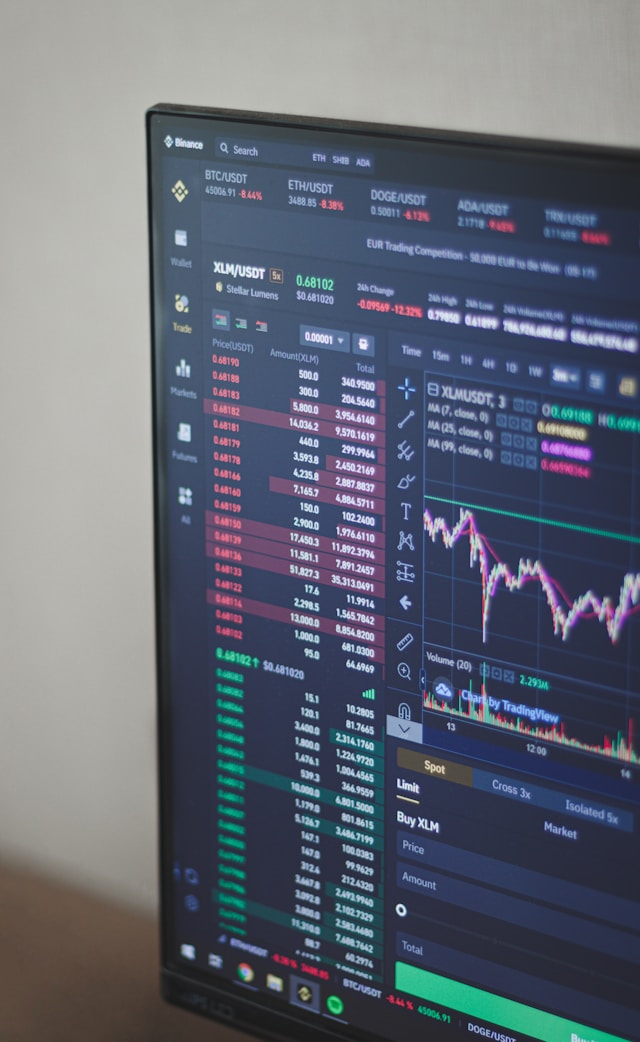Oracle Share Price Analysis: Bearish Phase, Valuation Signals and Bullish Reversal Outlook
$154.97
04 Feb 2026, 11:45

Unsplash.com

After Beijing unveiled a massive stimulus program to boost the economy, Chinese equities shot towards their greatest week since 2008 and contributed to Asian shares rising to 2-1/2-year highs. Meanwhile, a strong decline in oil prices is encouraging for global disinflation.
The markets predicted that Sanae Takaichi, the minister of economic security who opposes interest rate rises, would win the leadership race of Japan's ruling Liberal Democratic Party on Friday, and as a result, the Japanese yen dropped 1% to three-week lows.
The opening of European markets is anticipated to be a little higher, with FTSE futures up 0.1% and EUROSTOXX 50 futures up 0.2%. Futures on Wall Street were mostly flat.
Earlier in the day, MSCI's broadest index of Asia-Pacific equities outside of Japan reached its highest level since February 2022. It then gained 0.5%. Thanks to a significant reversal in Chinese equities, it was expected to gain 5.3% on a weekly basis.
The weekly gain reached 14.6%, the highest level since November 2008, as China's blue chips increased by 3.5%.
The Hang Seng index in Hong Kong increased 1.9% as well, ending the week at an 11.2% weekly gain—the highest level since 2009.
On Friday, the People's Bank of China reduced the rate for the 7-day reverse repo by 20 basis points and the reserve requirement ratio for banks by 50 basis points. It also resulted in the second lowering this week of 20 basis points in the 14-day reverse repo rate.
As part of a new fiscal stimulus, Reuters revealed on Thursday that China intended to sell special sovereign bonds worth over 2 trillion yuan ($284.43 billion) this year.
The Chinese stimulus has helped commodities enjoy a strong week. Silver reached a 12-year high, gold set a new record, copper went beyond the $10,000 per tonne barrier, and iron ore prices surged back above $100 per metric tonne.
Due to a report indicating Saudi Arabia was getting ready to forsake its unofficial price objective of $100 per barrel for petroleum as it prepares to boost output, oil was a loser and saw significant weekly losses.
With a 0.4% decline to $71.31 a barrel, Brent futures are down 4.2% for the week. As central banks increase their rate reduction, that should be positive for global disinflation and positive for consumer spending.
Later in the day, investors are anticipating the release of the Fed's favourite inflation indicator, the core personal consumption expenditures (PCE) price index. Due to disagreements in the markets on the extent of a potential Federal Reserve rate drop in November, expectations are focused on a modest monthly increase of 0.2%.
(Sources: investing.com, reuters.com)